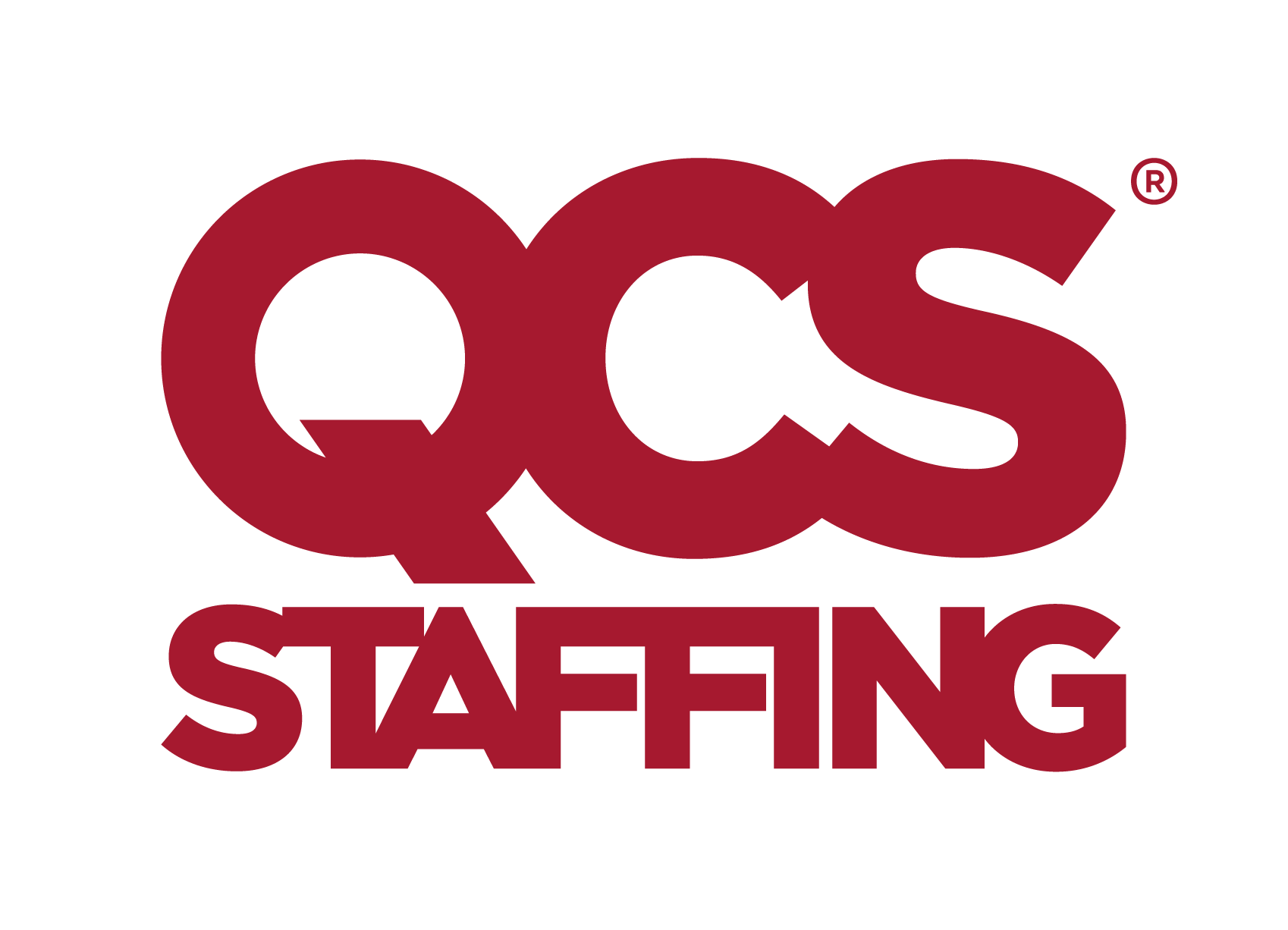What does the Life Sciences Sector Deal mean for the UK industry?
The latter part of 2017 saw significant developments in many of our sectors, particularly within renewables. One of the more significant news items of the last few months came in the form of the Life Sciences Sector Deal, which was published on December 6. The deal between the UK life sciences sector and the government is said to be transformative, but what does it really mean for the industry, businesses and candidates?
What is the deal?
According to the government, the Life Sciences Sector Deal will “help ensure new pioneering treatments and medical technologies are produced in the UK”, which is hoped to not only improve the lives of patients in the nation, but also help to drive economic growth. It comes at a time when scientific and technological innovation is rapidly diversifying the way in which the life sciences sector operates, leading to the government partnering with universities, charities and more than 25 businesses to commit to investing in the UK industry. In essence, the deal aims to ensure that Britain is home to and creates the next wave of breakthrough treatments, medical research and technologies, modernising the industry and boosting investment to create jobs and improve patient outcomes. This can only mean good news for both clients and candidates within life sciences.
How will it have an impact?
The deal follows on from August 2017’s Life Sciences Industrial Strategy, promising to implement many of its proposals, including committing funding towards new research methods through the Health Advanced Research Programme. This technology-heavy funding commitment will see up to £210 million invested into a ‘Data to early diagnostics and precision medicine’ programme, where health data and technology will be used to detect and diagnose life-changing diseases at the earliest possible stage. Indeed, ‘technologies of the future’ is a key theme of the sector deal, with investment from the £4.7 billion Industry Strategy Challenge Fund set to fund an AI programme to develop digital pathology and radiology systems.
The sector deal is beneficial for clients and candidates alike, with the Industrial Strategy including a core foundation of “good jobs and greater earning power for all”. Part of the sector deal discusses the importance of UK researchers having the rights skills to succeed in the future, with a focus on developing areas of need within the UK, including bioinformatics and clinical data analytics. Apprentices will go some way to providing new skills in life sciences into the future, with an industry ambition to reach 20,000 apprenticeships in the science sector by 2020. And while the deal is focused on boosting growth and outcomes within the UK, it recognises the need to ensure highly-skilled workers can contribute to the sector.
From a business-focused perspective, the deal aims to improve the UK environment for businesses to scale up. This has seen the establishment of a £2.5 billion Investment Fund incubated in the British Business Bank. This, along with a host of other actions, is set to realise more than £20bn of patient capital investment over 10 years.
Looking forward to the future
With phase one of the Life Sciences Sector Deal announced in December, 2018 has several key milestones yet to come, culminating in December’s Annual Review of the Sector Deal. As the new actions take place and investment comes into fruition, we at QCS Staffing are looking forward to seeing yet more developments within life sciences. If you’re interested in joining us, click through to learn more about our job opportunities in life sciences.






